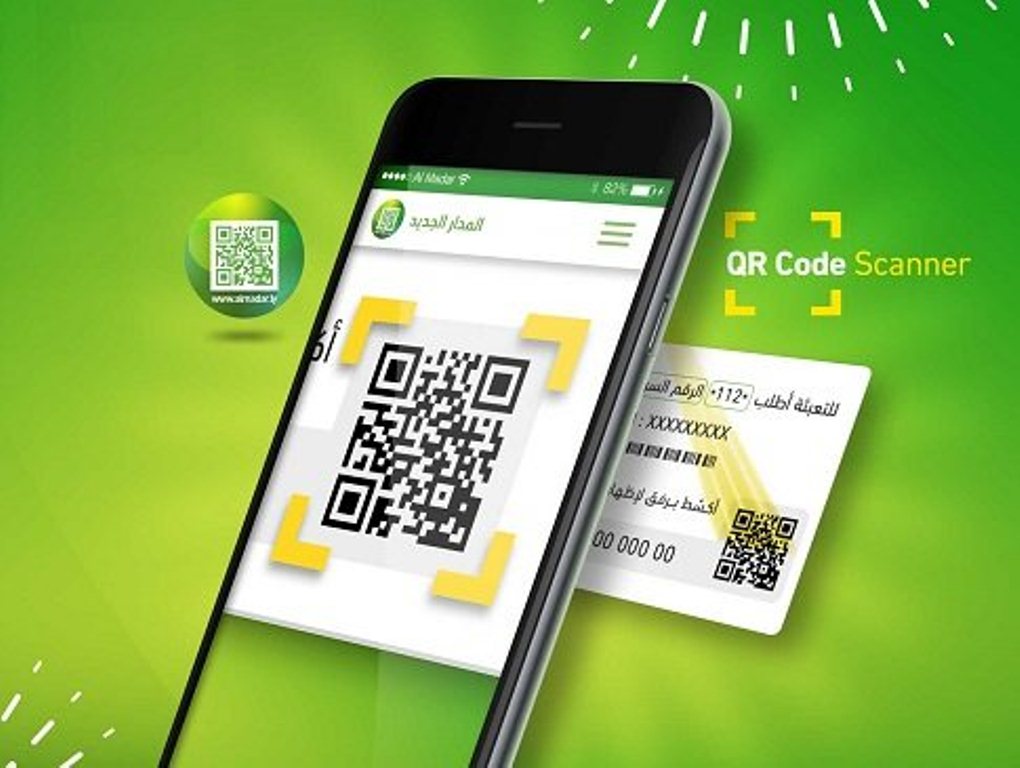The Electronic Banking Services Committee, formed by the Tripoli-based Libyan government, held its eighth meeting yesterday, as part of its work to improve banking services to citizens.
The meeting included representatives from the General Electricity Company of Libya (GECOL), state bank, Jumhouria Bank, Libya’s largest bank, and the Libyan Post and Telecommunications Holding Company (LPTIC), which owns all of Libya’s telecoms companies including the state internet service provider Libya Telecom and Technology (LTT) and the two state mobile phone provider, Al-Madar and Libyana.
The meeting, held at the Prime Minister’s Office in Tripoli, discussed the main problems that Jumhouria Bank suffers from, the most prominent of which is the power outage on the most important sources of communication and data centres, and main connection points, banks, a mechanism for securing additional electrical sources and fuel supplies for generators.
It was agreed to assign work teams from the GECOL, LPTIC, and Jumhouria Bank to prepare technical specifications as an alternative to the power lines and generators required to supply the data centre and the main connection point with the current backup (uninterrupted power supply-UPS) batteries system.
It was also agreed to collate the rest of the technical problems faced by banks and banks operating outside the scope of electronic systems to be presented in an expanded meeting, in the presence of the relevant authorities.
It will be recalled that Libya has been suffering acute power cuts, on and off, since the 2011 revolution. The country is also suffering an acute liquidity crisis and the authorities have been trying to encourage electronic and mobile-banking to overcome the need for cash. This need to encourage people to to use e-banking rather than visit their banks has been made more urgent by the Coronavirus pandemic. However, this has been aggravated by the power cuts.
















